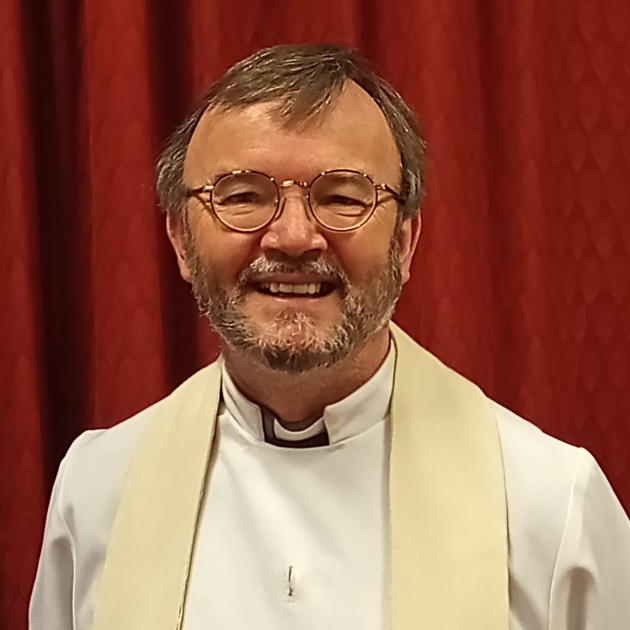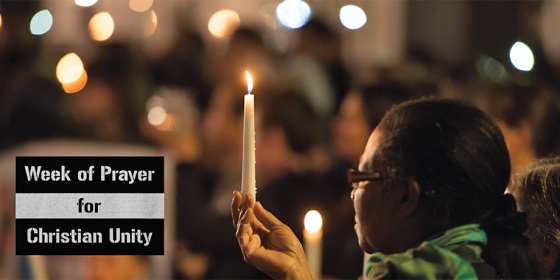Welcome to St Mary's
Welcome to the website for the Church of England Parish of Barnard Castle with Whorlton in County Durham.
Welcome

Revd Canon Alec Harding
Vicar
As a traditional country parish we seek to be faithful in our worship of God as we know Him in Jesus and in sharing in His mission. We aim to embrace all with His love and can assure you of a warm welcome at any of our services. Our hope is that you will find here something of the atmosphere of prayer and thanksgiving which is so characteristic of our historic English churches if and when you visit us.
Both of our church buildings are much loved and full of the stories of the people and places in which they are set: we are proud of the inheritance of faith passed down to us by previous generations of Christians and, like them, seek to be faithful witnesses to Christ in our own lives.
Find out what's happening in church and sign up for our new digital newsletter
Exploring the heritage of St Mary’s
St Mary’s Parish Church is a Grade 1 listed building and dates from 1130. That’s a long time and a lot has happened here!
Explore the History section to find out more, or if you are in church, pick up a leaflet from the display stand.
Why not start with the 12 things to see ?
Please help us to maintain this historic church by making a donation, using the button at the top of the page, or in church via the card reader or wall safe.
Much of the heritage information on this website is the result of our Windows to the World partnership project with local archaeologists, DigVentures, and funded by the National Lottery Heritage Fund.
![]()

What's On
Approximately once a month specific prayers for healing (with the laying on of hands and anointing) are offered for individuals at our 10.30am services at Barnard Castle. The laying on... Learn more ›
An opportunity to reflect on the ongoing conflict in Ukraine, using music to emphasise its power to strengthen and bring hope. Learn more ›
Gladys Mugambi serves as a Parish Nurse in Teesdale At this meeting (hosted by the Mothers Union) she will talk about her work and how churches can support this ministry. Learn more ›
History Articles
Explore the history of St Mary's and Barnard Castle
Latest News
Visit Us
If you are interested in exploring one of our churches, want to light a candle or pray, or just get away from the hustle and bustle of everyday life you might find our Visitor FAQs helpful in planning your trip.
Worship with us
If you would like to come to one of our services or learn more about the Christian faith


